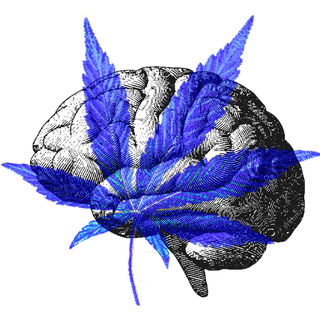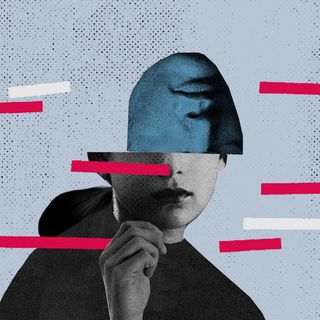A new study suggests that people who believe they’re personally invincible to Covid19 are less like to care about preventing the spread of the infection. By extension, they’re also less likely to get vaccinated — threatening society’s goal of achieving herd immunity against the novel coronavirus.
Published in PLOS One yesterday, the study is based on a survey of more than 200,000 people across 51 countries, including India. The survey questions were designed to understand and eventually compare two things about the participants: first, how serious they think the consequences of them getting a Covid19 infection would be; second, how willing they were to try to avoid transmitting the virus through their own omissions and commissions.
Turns out, people who felt more invincible against the virus were also less likely to believe in the importance of taking individual actions to reduce spread and, therefore, less likely to get vaccinated.
Actor Pooja Bedi, who tested positive for Covid19 earlier this month, had said: “I chose/choose to stay unvaccinated as it’s my personal decision to allow my own natural immunity and alternative healing and wellness practices to accelerate my healing… I know that my immunity will naturally rise up and I want to rely on my natural immunity.” Her words appear to attest to the link between a feeling of physical invincibility and the unwillingness to get the jabs.
Related on The Swaddle:
Without Vaccines, Covid19 Reinfections Can Occur Every 16 Months: Lancet Study
Many started out feeling the same way Bedi does but have since relented. “I figured I could avoid the virus, but in the off-chance, I were to get it, it would be like a mild flu or a bad cold,” David Vega, a medical student from the U.S., wrote last year. When he did finally get infected, it was hardly mild. “My story is to warn you that this is not the common cold, or a regular flu. This virus is serious… I am not Invincible. And neither are you,” he added.
Declining vaccines because one feels they’re invincible to diseases extends beyond the ongoing pandemic. A 2009 study found that college students who felt physically invincible were more likely to turn down vaccines to prevent contracting STDs. The researchers involved in the study had hypothesized that stronger feelings of invulnerability to danger can lower one’s perception of thread — resulting in disengagement with protective behavior.
Interestingly, the researchers of the present study identified a cultural factor behind this disregard for individual responsibility. Participants from countries that strongly promote ideas of individual freedoms and autonomy were less likely to care about their actions impacting others. On the other hand, people hailing from countries where the culture lends greater emphasis to collective action were found to be more responsible about their actions.
The U.S., the U.K., and Canada were in the former bracket with “cultural collectivism scores” ranging between 12 to 16. Georgia led the list with a score of 75. India didn’t score too badly either with 56.30.
Related on The Swaddle:
All the Arguments You Need: To Convince Vaccinated People To Keep Masking, Social Distancing
With the country all set to bring in the festive season, which will probably go on till New Year’s, one can hope our cultural collectivism helps us behave responsibly.
Alarmed by rising cases in China again, last Saturday, India’s health ministry already urged the states and union territories to maintain caution and enforce Covid19-protocols in light of the upcoming Diwali festivities.
“You are not an island in this, you are part of a broader community, you are part of transmission chains, if you get infected you are making this much more complicated and you are putting people in danger, not just yourself,” Dr. Bruce Aylward, senior adviser to the Director-General of the WHO, had told Time.
Feeling invincible isn’t bad per se, researchers of the present study clarified. But during a highly contagious global pandemic, it can easily whip up doom. “While feeling invincible may be beneficial in overcoming economic hardships or during periods of war, the results of our study suggest that it threatens the likelihood that people get vaccinated against Covid19,” the study authors said in a statement.




